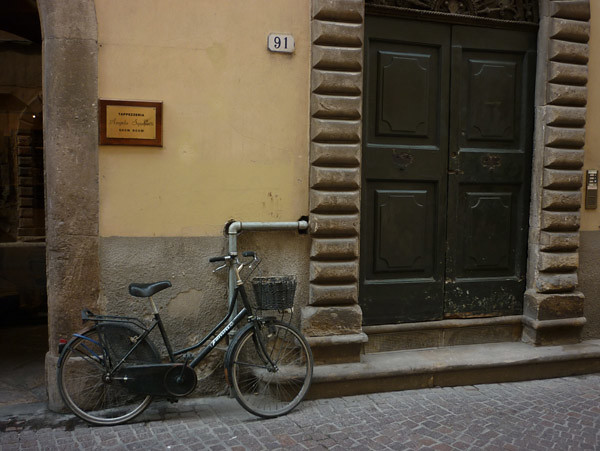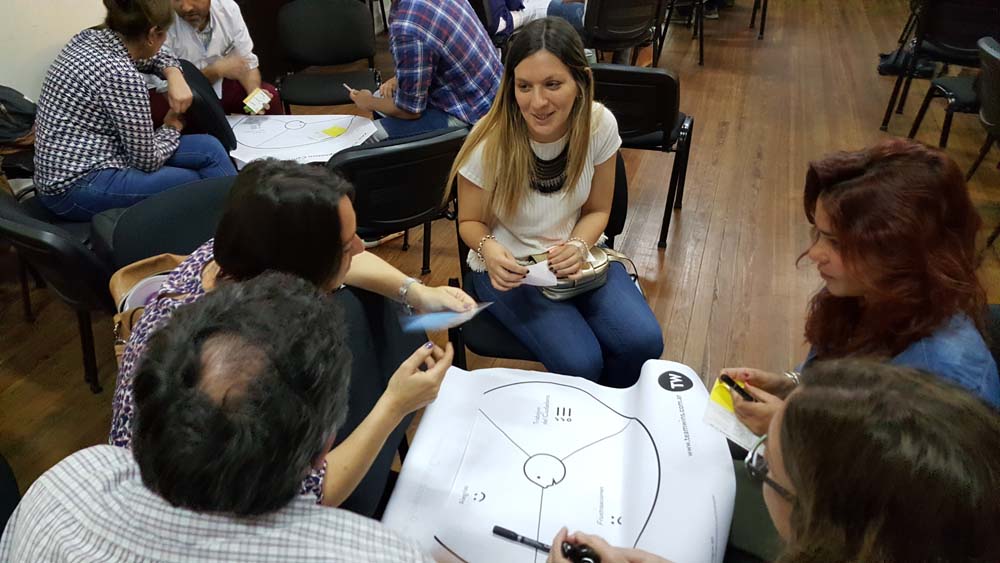Posted at 22:29h
in
Newsletter
by Sven Eberlein
Fri Aug 27, 2010 at 02:40:37 PM PDT
Whenever I travel to different countries and cities, one of the things I'm interested in is how locals move around in their daily lives. Call me a transportation glutton, but I'm a sucker for trains, boats, rickshaws, trams, buses, gondolas, back alleys, and sidewalks.Then, of course, there's the most sublime transit invention of them all: the bicycle. It's so simple — even a non-techie like myself understands how it works — and yet so deliciously useful, relieving traffic, getting you anywhere quickly, reducing CO2, keeping you in shape, letting you see a place and interact with its people. One thing I noticed on
my trip to Italy a few months ago was how much bikes were part of everyday life. With David Byrne's
Bicycle Diaries as my companion I strolled through the streets of cities and towns, trying to capture the mundane beauty of cycling.


One of the biggest stumbling blocks in changing the ways we move around, eat, or do business, is the common perception that living a less fossil fueled life means sacrifice and inconvenience, even drudgery. In the case of the bicycle, the danger factor is often added to the list of reasons of why it would be such a bad idea to get out of our cars.






 One of the biggest stumbling blocks in changing the ways we move around, eat, or do business, is the common perception that living a less fossil fueled life means sacrifice and inconvenience, even drudgery. In the case of the bicycle, the danger factor is often added to the list of reasons of why it would be such a bad idea to get out of our cars.
One of the biggest stumbling blocks in changing the ways we move around, eat, or do business, is the common perception that living a less fossil fueled life means sacrifice and inconvenience, even drudgery. In the case of the bicycle, the danger factor is often added to the list of reasons of why it would be such a bad idea to get out of our cars.